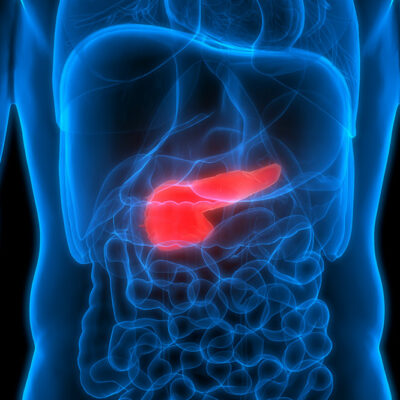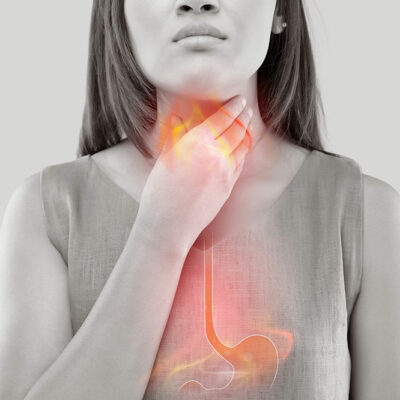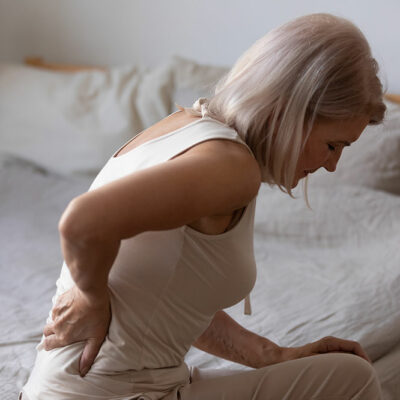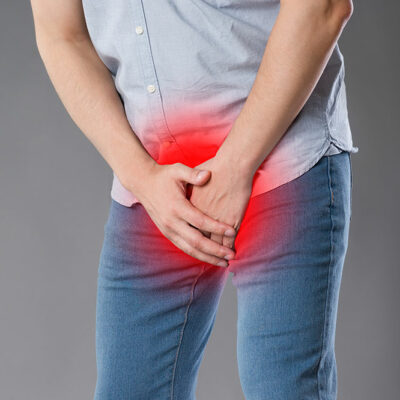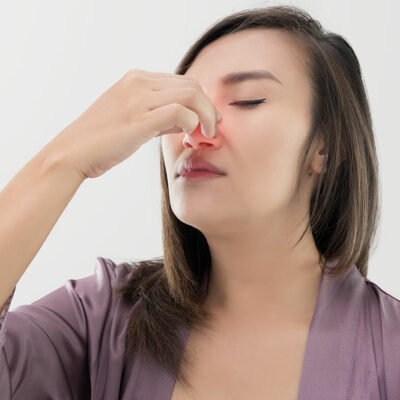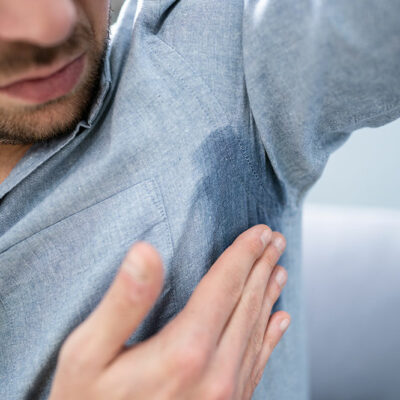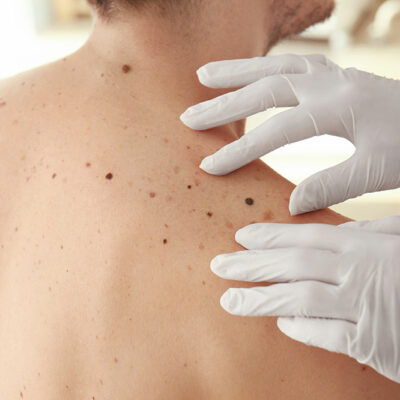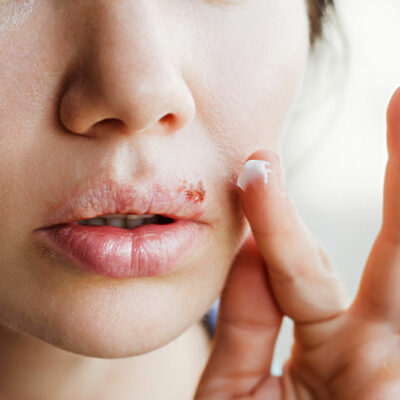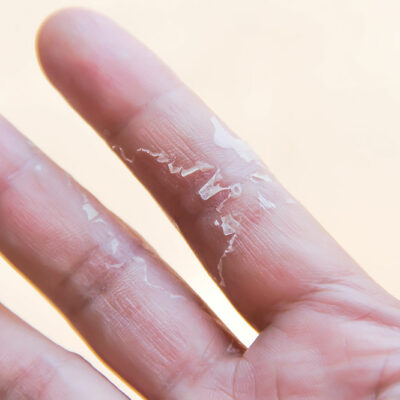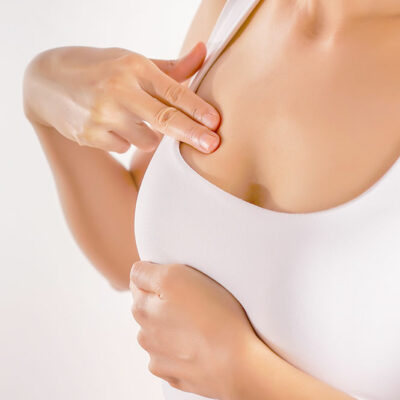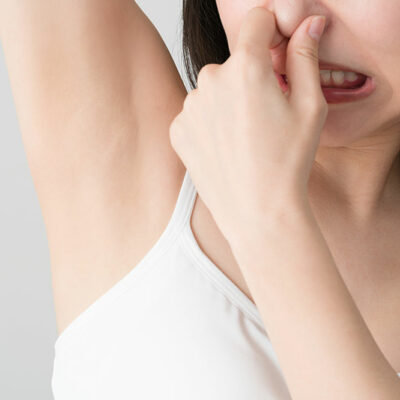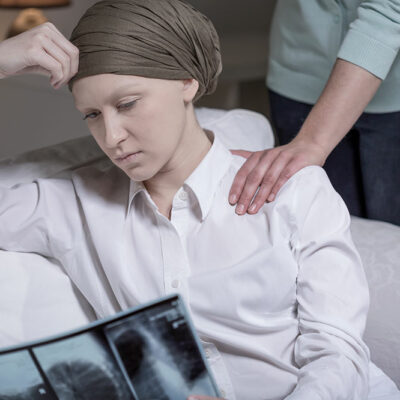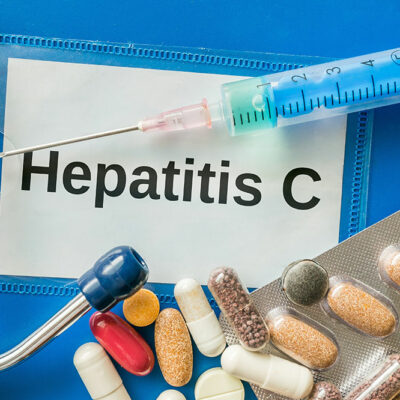
Health
4 Tips to Manage Hepatitis C
Hepatitis C is a disease that affects the functioning of the liver. This disease is caused due to the hepatitis C virus and is one of the leading causes of liver cancer globally. Its severity can vary from person to person. In this article, we shall discuss a few tips that can help manage hepatitis C at home. How to prevent complications when living with hepatitis C? One of the biggest concerns when living with any disease or illness is its management. Managing the condition can help prevent other health complications that could be fatal. When it comes to hepatitis C, one of the biggest complications that patients face is liver damage. Here are some tips that can help prevent this as well as promote the overall health of the body: 1. Manage body weight Most individuals think that weight has no direct correlation to the health of the liver. But that’s actually not true. Having a massive build-up of fat in the body can lead to the development of non-alcoholic fatty liver disease. The chances of developing this condition are high in those suffering from hepatitis C. Not to mention, obesity can also interfere with medication used to keep the symptoms of hep C at bay.
Read More 